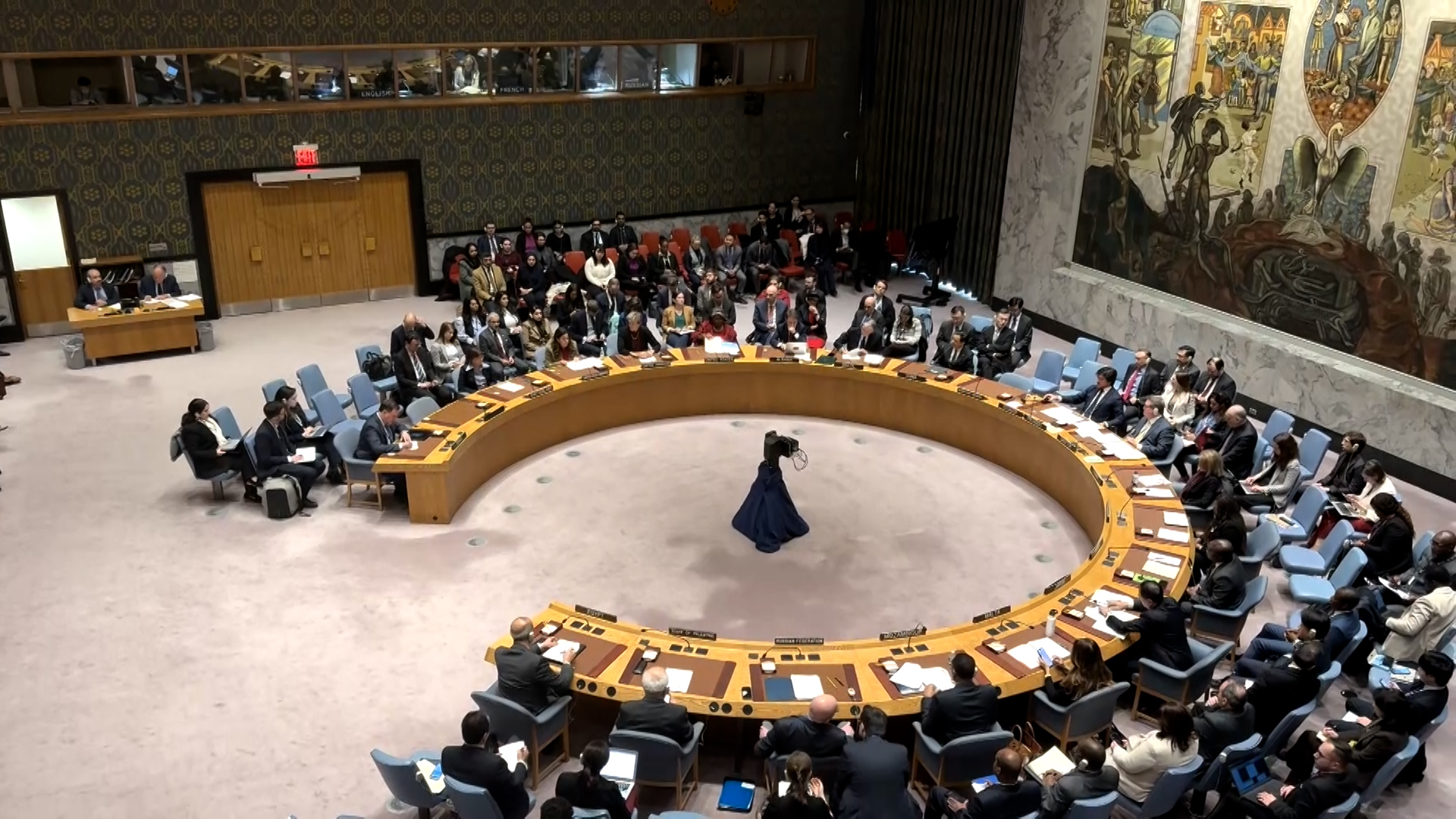Yesterday, the United Nations Security Council adopted a draft resolution proposed by the United States, calling for a ceasefire in Gaza. However, early reactions reveal divisions on its interpretation and implementation. An unnamed Israeli official commented that the resolution allows Tel Aviv to continue its military operations in Gaza until it achieves its goals, which include eliminating Hamas' capabilities and securing the return of kidnapped individuals. This sentiment was echoed by senior diplomat Reut Shapir Ben-Naftaly at a UN Security Council meeting, insisting that Israel's objectives must be met before the war can end.
Political science professor Khalil Al-Anani criticized the Security Council's resolution, calling it 'deceptive and booby-trapped.' He explained that the resolution only mandates a temporary cessation of hostilities in the initial six-week phase of negotiations. Al-Anani suggested that this setup gives Israel leeway to resume military operations before a complete ceasefire is established. Hamas, while welcoming the decision, stated its readiness to cooperate with mediators for indirect negotiations to implement the resolution.
Further stirring the pot, secret correspondence of Hamas leader Yahya Sinwar revealed his view that continued Palestinian bloodshed would ultimately benefit Hamas' objectives. A Wall Street Journal report detailed Sinwar’s calculated approach, aiming to draw concessions from Israel and bolster Hamas' position in the Palestinian national struggle. The report also exposed Sinwar's belief that Israel would be strategically disadvantaged by a prolonged occupation of Gaza, comparing the conflict to historic battle tactics.
The United States has stressed the need for Israel and Hamas to adhere to the ceasefire plan. U.S. Secretary of State Antony Blinken expressed optimism following Hamas' positive response to the ceasefire proposal. The plan, outlined in three phases, includes an initial ceasefire, an exchange of prisoners, and ultimately a permanent cessation of hostilities paired with significant reconstruction in Gaza.
Despite the adoption of the resolution, both Israel and Hamas have reservations about its execution. Israel is adamant that the war will not end until all its security concerns, including the dismantling of Hamas' military capabilities, are addressed. Meanwhile, Hamas remains skeptical of Israel's commitment to the agreement, emphasizing the importance of international mediation for the plan's success.
- The conflict in Gaza has led to significant human tolls, with over 37,000 Palestinians reported dead since the war began. The Gaza Health Ministry has documented these figures, although the exact numbers remain contentious and unverified by independent sources.
- U.S. Ambassador to the UN Linda Thomas-Greenfield highlighted the international support for the ceasefire plan, noting that the Security Council's endorsement adds pressure on both conflicting parties to adhere to the resolution.
- Efforts to mediate the conflict involve key international players like Egypt and Qatar, who are expected to facilitate dialogue between Israel and Hamas. The goal is to ensure the withdrawal of Israeli forces, the safe return of hostages, and the initiation of substantive aid and reconstruction projects in Gaza.






